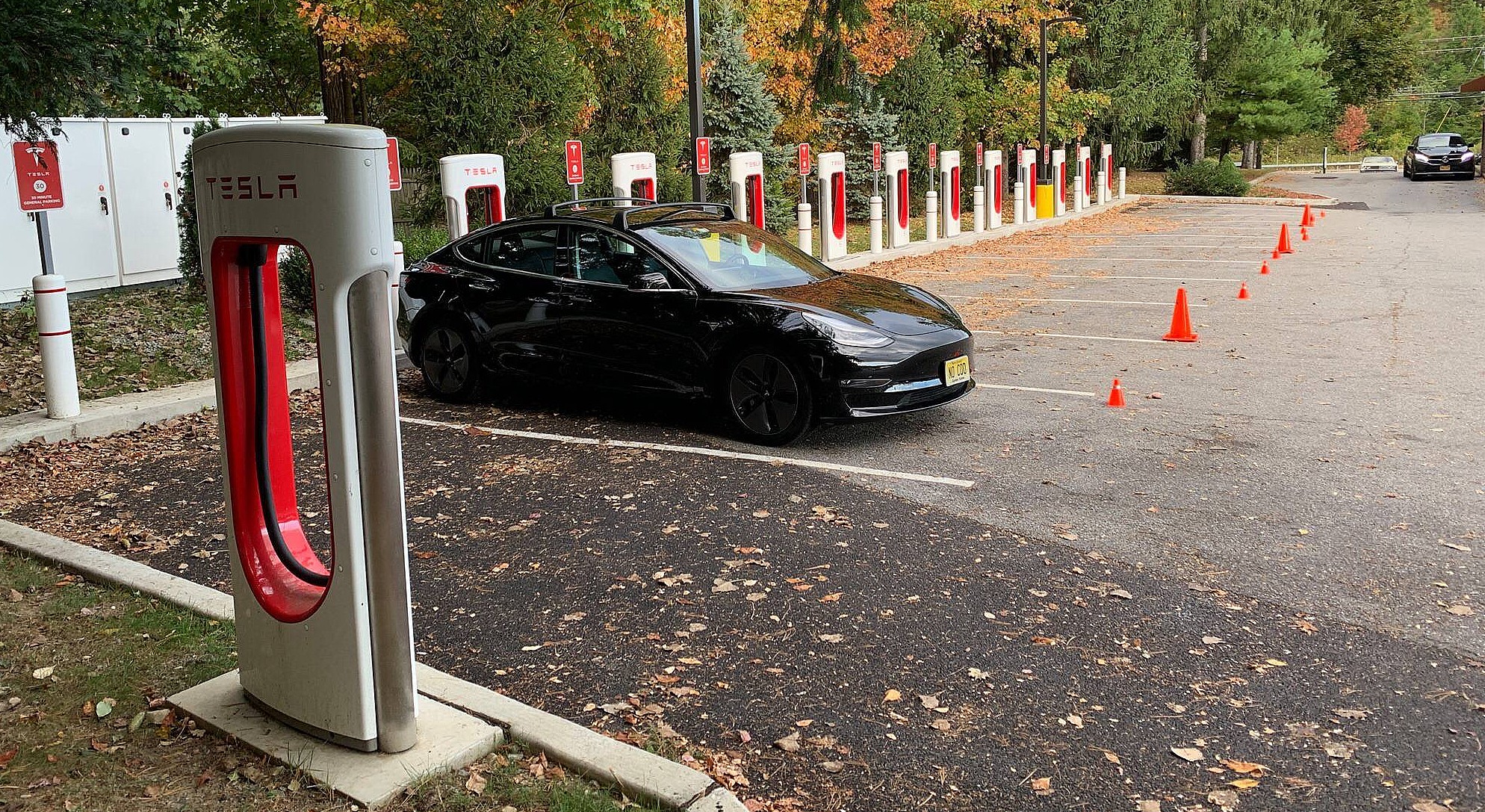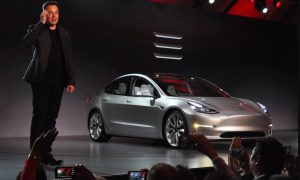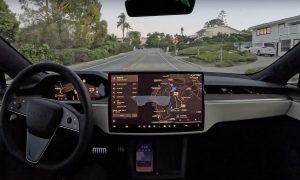Welcome to a FREE preview of our weekly exclusive! Each week our team goes ‘Beyond the News’ and handcrafts a special edition that includes our thoughts on the biggest stories, why it matters, and how it could impact the future.
You can receive this newsletter along with all of our other members-exclusive newsletters, become a premium member for just $3/month. Your support goes a long way for us behind the scenes! Thank you.
—
The recent headlines about Dyson’s abandoned efforts at making an electric car were probably music to the EV-doubter crowd’s ears. I assume this not so much because the Rolls Royce of vacuum companies had difficulty transitioning into a completely different industry, but because of the reason given for the shut down:
“However, though we have tried very hard throughout the development process we simply can no longer see a way to make it commercially viable.”
Sure, the jokes are funny. (“I guess they ‘sucked’ at making cars,” etc.) But the dissenters will point to this as yet another example of why the long-term prospects of EVs are overestimated by a long shot. No amount of regulations can fix the business-case and economic fact that there’s a huge cost obstacle to manufacturing battery-electric vehicles that can only bring the price down so much. Even Elon Musk has commented about this, saying something along the lines of how he doesn’t hate cheaper cars; they’re just not possible to make right now.
Quite possibly the biggest obstacles to widespread EV adoption is the affordability factor (the other being supply chain limiting production capability). While Tesla is obviously working on this aspect and some might argue they’re already there with a $35k Standard Range Model 3 (downgraded post-purchase), it really seems like it’s going to be an issue for a long time for companies other than Tesla. In other words, Tesla will probably figure out mass market, cheap cars way quicker than their competitors and stay ahead of the game for years if not decades. Is that a win for the movement, though?
To be perfectly honest, I’m a market principles person. My favorite part about Tesla (and SpaceX) was how a customer-driven approach was taken to revolutionize an industry (or two) after the government-driven approach had been wanting at best. The myths about EV ownership don’t exist in a vacuum (sorry, I had to). They came from a history of compliance EVs that were produced to merely meet requirements and not a bit of innovation more. For people that can’t afford a Tesla, it doesn’t matter that the company has achieved amazing things with their product. Their perspective is somewhat like scrolling through various celebrity Instagram accounts: How nice for them!
If Tesla wants to lead a movement of battery-powered vehicles on a global scale, someone has to be able to keep up. Right? Porsche seems to be on the right track, but they’re even less affordable than a Tesla and have always only sought to appeal to a niche luxury market. It seems to me that the issue is something beyond the tech itself, considering Tesla has “open sourced” its patents. What is it? What is driving huge companies with huge resources to fail at even creating a Tesla-level vehicle circa 2012?
I do think it’s a bit lazy to blame it on oil profits. If EVs made as much business sense for those “gasoline/diesel-centered” companies as it does for Tesla, they’d convert in a heartbeat. That’s the bit about markets that you can usually rely on. If there’s money to gain, there are players waiting to cash in. Also, there will be a market for oil companies for a long time due to manufacturing needs, and their investors are perfectly willing to diversify their portfolios with other things that make good money.
Or maybe that’s it in itself? Once Tesla has the cost-ratio figured out, the other players will follow along and start investing serious money in repeating that success. But what if that’s not it? How committed can Tesla be to its own movement if no one can catch up? Do others need to catch up? Will “good enough” be enough for global EV adoption with Tesla always representing the luxury segment of the market?











